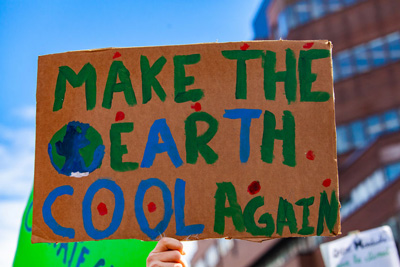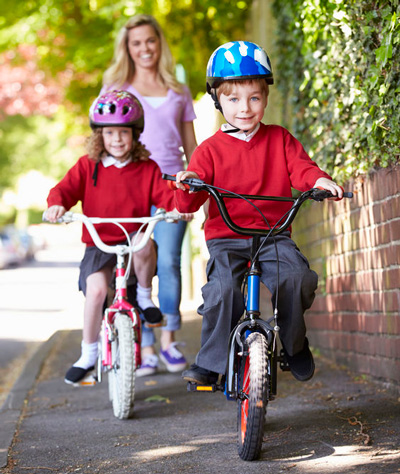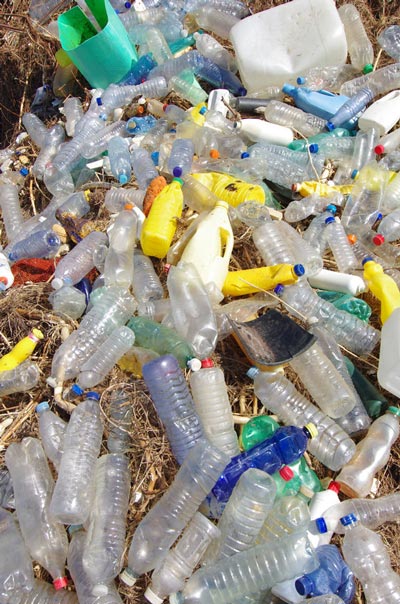Cutting our own emissions helps. You can fly less and drive less – transport is a huge source of emissions. Eat less meat and waste less food. Switch to a renewable energy tariff & insulate your home – you’ll use less energy, and it’ll be cleaner! By doing lots of smaller actions that cut your carbon footprint it can add up as more of us do the right thing.
But even more powerful – politicians act on issues they know voters care about, and not enough of our MPs hear from enough of us about how important this is to us. So, make your voice heard so that businesses and politicians know you care about this and you demand that they take action.
We are the first generation to know we’re destroying the world, and we could be the last that can do anything about it. Speaking up is one of the most powerful things you can do especially if it’s to the right people. Talk to your MP. Tell them to commit to action to protect our natural world.
Contact the brands you buy from and get them to tell you how their products are sourced. Use social media – this is one of the most effective ways to get brands to listen to you, so tell them that you want a change. It’s not just about speaking to the people in charge. Talk to your friends, neighbours and colleagues and get them to make positive changes too. Speak up, speak to everyone, and make your voice heard.
Click here to read about students raising their voice https://www.bbc.co.uk/news/uk-47250424
Has your local council declared a climate emergency? Click here to find our more about the climate emergency local authorities have declared. https://www.campaigncc.org/councils_climate_emergency and https://www.youtube.com/watch?v=9RaPE5fV_Xg and https://www.theguardian.com/environment/2019/mar/19/school-climate-strikes-more-than-1-million-took-part-say-campaigners-greta-thunberg


One of the best things you can do is to keep yourself informed – the more you know the better. It leaves you better equipped to have those conversations with your friends and family and the people you want to influence. Get yourself clued up on the facts, stay up to date with recent news on the state of our natural world and work out what you can do.
We have the world at our fingertips, so learn from influential people, keep up with the news and research organisations that are working to make our planet a better place.
Everyone in the UK over the age of 18 can vote for their MP. This is an opportunity to vote for someone who is representative of you and your views and will make the environment a top priority.
Being politically engaged is not limited to voting and it certainly isn’t limited by how young you are. Every year more and more young people are working together to show our political leaders that they want change.
We need to ensure we hold our politicians accountable. You can do that by contacting your local MP or attending constituency meetings where you will have an opportunity to make your voice heard. Find out who your MP is and how you can contact them.


One of the most efficient ways of lowering your environmental impact is by travelling responsibly. This means, whenever you can, choosing a more sustainable way to get from A to B - walk or cycle when you can.
Transport is one of the most polluting sectors in the UK. But holidaying closer to home can make a big impact on your carbon footprint. One short haul return flight can account for 10% of your yearly carbon emissions, and long-haul flights can completely determine your carbon impact.
If you have the time you can usually get trains to European destinations to cut your carbon footprint. Get creative and try to find alternate ways to travel.
If you do choose to go abroad and are looking to see the local wildlife, keep in mind how to go about it ethically. Attractions that involve you being able to pet, hold or feed animals for money are generally a no-go. Be wary of attractions involving any unnatural interactions with animals. As a rule: observe animals from afar in their natural habitat and look to support local conservation projects.
Food production is a major driver of wildlife extinction. What we eat contributes around a quarter of global greenhouse gas emissions and is responsible for almost 60% of global biodiversity loss.
Farming animals for meat and dairy requires space and huge inputs of water and feed. Today, one of the biggest causes of forest loss is the expansion of agricultural land for animal feed production, such as soy. And producing meat creates vastly more carbon dioxide than plants such as vegetables, grains and legumes.
Moving away from a meat-dominated diet towards a more plant-based diet can lower your impact on the environment. Vegetarian and vegan foods are massively on the rise and becoming far more common in restaurants, cafés and supermarkets, so you’ll rarely struggle.
Not only that, but cutting down on meat and dairy products can reduce your weekly food bills.


We need to make wasting our resources unacceptable in all aspects of our life. Every product we buy has an environmental footprint and could end up in landfill. The impact of plastic pollution on our oceans is becoming increasingly clear, having drastic impacts on marine life.
Recycling what we can reduces the amount of new materials we are making, and up-cycling is a creative way to make old items into something more valuable. This could be reusing a jam jar as a candle holder, or using old tins as plant pots – the possibilities are endless!
It’s not just the products we buy. It’s estimated that a third of all food produced in the world is lost or wasted. Do your bit by eating up leftovers and use any ingredients you have spare to make interesting meals. Try to waste as little food as possible, and compost the organic waste you can’t eat.
We can all do more to be more conscious about what we buy, and where we buy it from. Buying less will save you money, reduce waste and improve your environmental footprint. Living a less consumerist lifestyle can benefit you and our planet.
Use your purchasing power and make sure your money is going towards positive change. By supporting eco-friendly products which are less damaging to the environment, you’re encouraging companies to source and produce their products in a sustainable way.